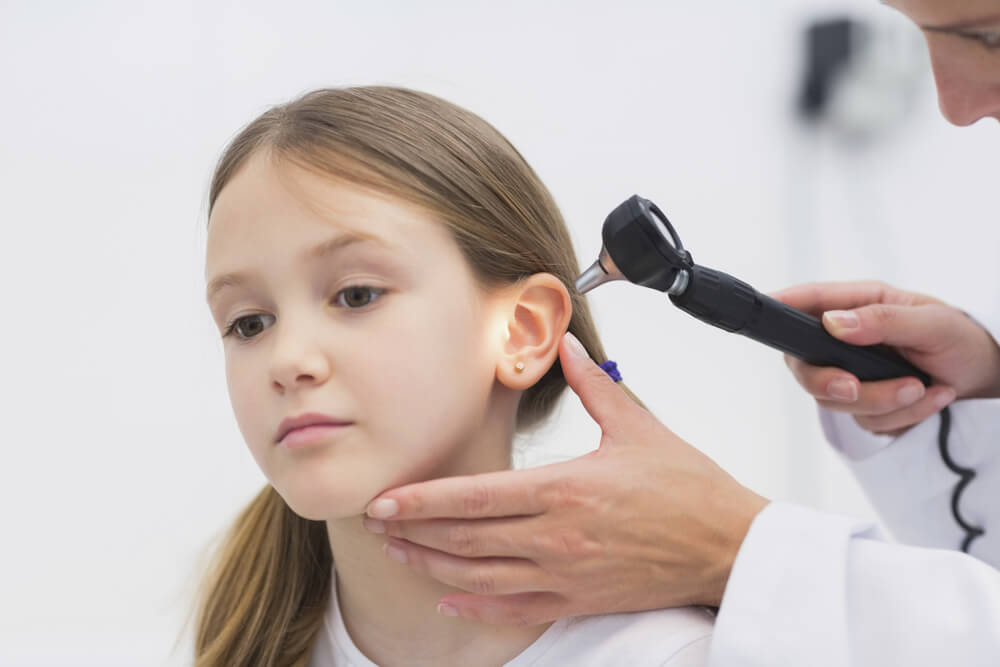Ear ache can be unbearable. It is often caused by an ear infection raising the pressure on the eardrum. This stretches it and causes pain. Blockage of the Eustachian tube stops the middle ear air space venting to the outside world. The blockage can cause pressure to build up. Here are some remedies for you.
Paracetamol. This is a powerful painkiller. Do not underestimate it. It is cheap and available over-the-counter and is definitely the starting point for treatment of earache.
Ibuprofen. This anti-inflammatory drug is great because it treats pain and inflammation. Reducing the inflammation in the ear canal can help to reduce the pressure. Ibuprofen is the safest of the non-steroidal anti-inflammatory drugs. It has fewer side-effects than naproxen and the other non-steroidal anti-inflammatory drugs.
Decongestants. Decongestants may help to unblock the nasal passages and open them up. Try Olbas oil, eucalyptus oil or pseudoephedrine based medications. It's worth trying a few different varieties until you find one which works. Try inhaling them with steam as well to increase the efficacy.
Steroid nasal spray. If you have allergies then it is worth trying a steroid nose spray such as Beconase. These contain beclomethasone which actively reduces inflammation and the nasal passages. This can help to open them up and ease the blockage.
Some people find that they keep getting ear infections. There can be many reasons for this. Sometimes it's just the way you are made. Often though, there are some things you can do to protect yourself.
Enlarged tonsils and adenoids can lead to problems. They can block the end of the Eustachian tube. This prevents the middle ear space from emptying. Mucus and fluid build up and this can become infected. The resulting problem it is called otitis media. This is a middle ear infection. Signs and symptoms include pain, deafness and sometimes a temperature. The pressure can build up in the middle ear to the point that the drum stretches. This causes severe pain. The pain is often relieved when the drum bursts. This is usually greeted by a rush of blood and pus. If you keep getting ear infections your doctor will examine you. If they think you may have big tonsils or adenoids they might send you to an ENT surgeon. They will decide whether to take them out. In the past they were removed more often. Now there are set rules about when they are taken out. These will vary according to where you live.
Swimmers are also at risk of ear infections. Getting the ears wet can lead to the skin becoming soft from water-logging. Bacteria and irritants found in the water make the situation worse. Ears become itchy and sore. Wearing earplugs for swimming regularly will prevent this. ZenPlugs are ideal as they have a unique double-action. They keep water out and kill bacteria at the same time.
If you have swimmer's ear then you might need to stay out of the water for a few days until it settles down. You can help prevent it by emptying the water from your ears when you have been for a swim. Try tilting your head sideways. Pull your ear in different directions until the water drains.
Sometimes skin conditions such as eczema and psoriasis can cause problems. They could lead to repeated infections of the ear. Visit your doctor for treatments if you have any problems.
This article isn't a substitute for medical advice. Make sure you visit your GP if you have an ear problem.
Dr Toby Bateson for ZenPlugs.com














